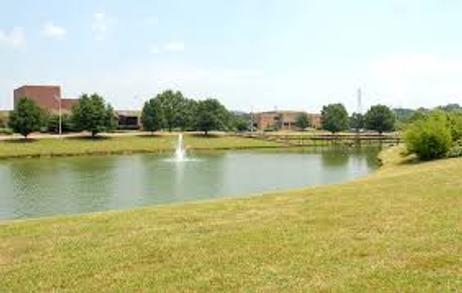President Obama has spent much of his time in office putting the focus on community colleges. The President has labeled these schools an integral part of preparing future generations for the global marketplace. Recently, President Obama has taken his pledge to boost community college effectiveness even further, by putting his money where his mouth is. This month, the President announced an $8 billion plan to help train two million workers into high-paying jobs, using community colleges as the training ground.
The Plan is Unveiled
According to a report in the Houston Chronicle, President Obama announced his new plan on the campus of Northern Virginia Community College. The $8 billion program, dubbed the Community College to Career Program, is designed to help community colleges and local businesses partner together to provide training in the industries that need highly skilled workers. Some of the industries that will be the focus of the program, according to USA Today, include health care, clean energy and information technology.
“An economy built to last demands that we keep doing everything we can to help students learn the skills the businesses are looking for,” President Obama was reported saying in the Houston Chronicle.
The plan has been applauded by many in the community college system and business community, but members of Congress have voiced serious concern over where the $8 billion will come from to fund the program.
How the Money would be Used
The $8 billion





















